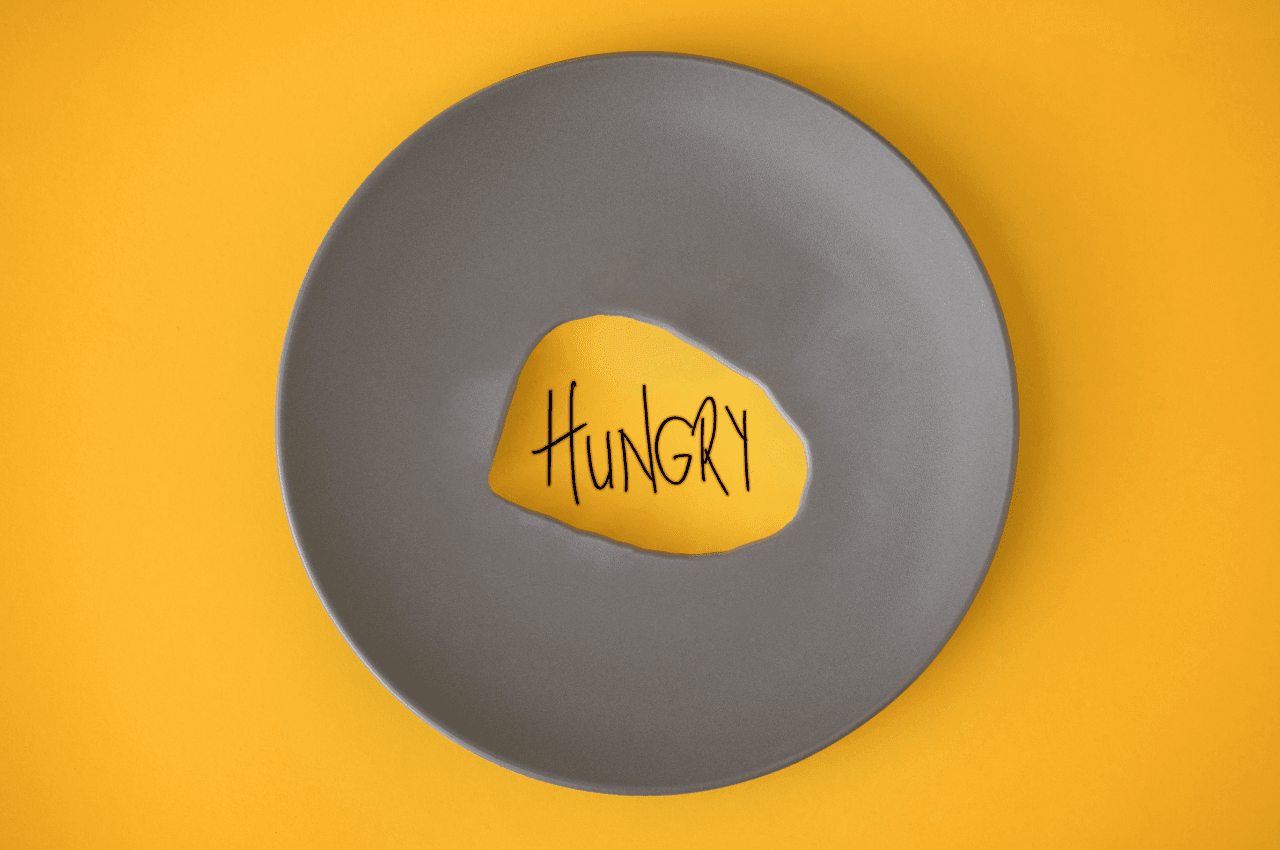Gestational Hypertension: What You Need To Know
•Wellbeing

Share
Developing high blood pressure, otherwise known as hypertension, during pregnancy can be scary, but it’s relatively common! Between 8 and 16 per cent of all pregnant women experience high blood pressure during their pregnancy.
It can pose several risks to you and your baby, but it’s treatable.
Why It Happens & Who Is At Risk
But you are more at risk if you are:
Over 40 years of age
Obese
Have chronic hypertension, kidney disease or diabetes
Have high cholesterol
Having more than one baby
Have had preeclampsia before
Developing high blood pressure during pregnancy also heightens your chances of developing gestational diabetes.
Different Types Of Hypertension
There are several kinds of hypertension that can occur during pregnancy.
Chronic Hypertension: When high blood pressure develops before or during the first 20 weeks of pregnancy.
Gestational Hypertension: When high blood pressure develops after 20 weeks of pregnancy but there’s no excess protein in the mother’s urine.
Preeclampsia: When high blood pressure develops after 20 weeks of pregnancy but extra protein is detected in the mother’s urine.
Risks To Mother & Baby
While gestational hypertension can be treated, it poses several risks to the mother and baby.
Less Blood Flow To The Placenta: If the placenta doesn’t get enough blood, the baby might receive less oxygen and fewer nutrients.
Placental Abruption: This happens when the placenta separates from the inner wall of the uterus before delivery.
Intrauterine Growth Restriction: Slowed or decreased growth of the baby.
Delivery: Premature delivery or caesarean.
Injury To Organs: Uncontrolled high blood pressure can result in injury to other major organs.
Future Health Risks: Mother has an increased of developing heart disease, diabetes or high cholesterol later in life.
The mother also has an increased risk of having a stroke and delivering a stillborn.
Treatment
Depending on what kind of hypertension the mother develops during pregnancy, and the gestational age of the baby, treatment can look different.
Lifestyle modifications like dietary changes, regular exercise and weight management strategies will be provided by a healthcare provider. The mother may need medications, and in all cases, it must be closely monitored.
Preventative Measures
A healthy lifestyle and regular prenatal care are essential, but again – developing high blood pressure during pregnancy can happen to anyone!
Balanced Diet: Nutrient-dense diet, limit salt intake to control blood pressure, avoid excess caffeine and sugar-rich foods.
Regular Exercise: Low-impact exercises or physical activity approved by your healthcare provider.
Maintain A Healthy Weight: Aim to reach a healthy weight before getting pregnant.
Manage Stress: Incorporate meditation techniques like meditation and prenatal yoga.
Get Enough Sleep: Ensure you’re getting 7-9 hours of quality sleep each night. Check out our guide to a good night’s sleep!
The Bottom Line
High blood pressure shows no warning signs, so it’s a good idea to get regular check-ups even if you aren’t pregnant or trying for a baby. Despite risks and complications, the mother can still have a safe delivery and a healthy baby.






